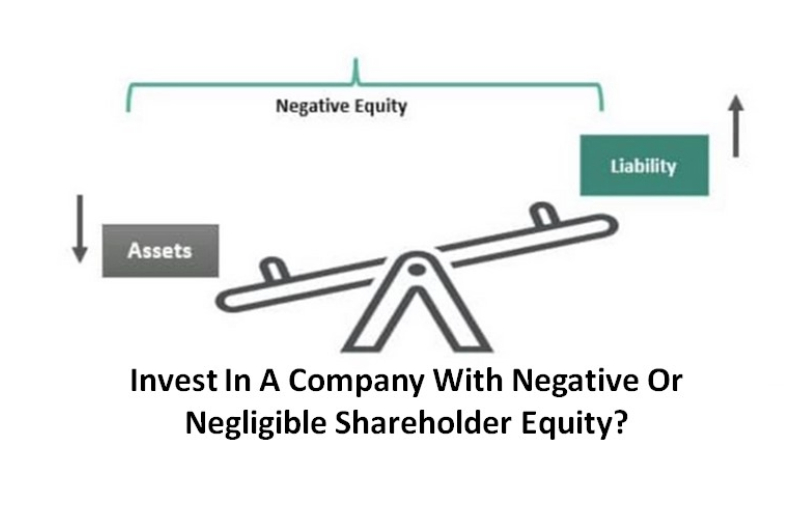Baseball Analogy
If you are familiar with the sport of baseball, you are likely well aware that a batter who strikes out 25%+ of the time they appear at the plate may make you question their batting capabilities. HOWEVER, looking at one statistic can lead to a false conclusion.
Look at Elly De La Cruz, Cincinnati Reds’ shortstop in Major League Baseball (MLB).
In the 2024 regular season, he struck out 218 times in 618 plate appearances and led the league in this statistic!
Looking at this statistic alone, you would question how long his major league baseball career is going to last.
Now, let’s look at the big picture.
His 67 stolen bases (SB) was 8 more than the next player. Yes, he was caught stealing (CS) 16 times but several other players with much fewer stolen bases were CS just a few times less than him.
He also ranked 11th in the number of Runs (R) scored, 15th in the number of doubles (2B) with 36, and 4th in triples (3B) with 10. On April 8, 2024, De La Cruz hit an inside-the-park home run in a game against the Milwaukee Brewers in which the Reds won 10-8. ONLY 2 inside-the-park home runs were hit during the entire 2024 season.
His blazing speed allows him to sometimes successfully stretch a single into a double or a double into a triple.
In addition to his base running abilities, De La Cruz throws HARD!
- 106.9 miles per hour (mph): In April 2024, Statcast recorded a throw of 106.9 mph (~172 kilometers per hour), which would have been the fastest throw in MLB history. However, MLB.com reported that there was no official reading on the throw.
- 93.3 mph: In May 2024, Statcast measured a throw of 93.3 mph (~150 kilometers per hour) to the plate.
-
109 mph: In August 2024, De La Cruz threw a 109 mph pitch (~175.4 kilometers per hour).
If you ever get a chance to watch him throw out a runner at first base, watch how quickly he releases the ball and watch the FIRST BASEMAN’S REACTION as the ball comes toward him!!!

De La Cruz has not yet played two full seasons in the major league; he is only 22 years old!
On June 6, 2023, he was called up from AAA and only played 98 games during his first season; he played in 160 games in his second season in the pros.
If you merely look at his strikeout statistic, you may think his future in the pros will be short. Look at the big picture, however, and it appears he has a very promising future.
Final Thoughts
McDonald’s (MCD), Philip Morris (PM), and Altria (MO) are examples of companies with negative shareholder equity. Home Depot (HD), Colgate-Palmolive (CL), Clorox (CLX), and Abbvie (ABBV) are examples of companies with exceedingly high Debt/Equity ratios.
On October 27, 2024, HD for example, had ~$102B of Paid-In Capital and Retained Earnings. Over the years, however, it repurchased so many shares that its Treasury Stock amounted to ~$96B leaving it with ~$6B of Shareholders’ Equity.
I do not suggest all the companies reflected above are good investments. I merely suggest that, much like the example of Elly De La Cruz, failing to look at the complete picture can lead to an incorrect conclusion.
In some cases, a company with negative or negligible shareholder equity should be avoided. In other instances, however, a company may be so efficient that it can operate without having to tie up much equity relative to its size.
If you come across a company with negative or negligible equity, you should know this is not normal. Don’t just cast it aside. Research why such is the case.
I wish you much success on your journey to financial freedom!
Note: Please send any feedback, corrections, or questions to finfreejourney@gmail.com.
Disclaimer: I do not know your circumstances and do not provide individualized advice or recommendations. I encourage you to make investment decisions by conducting your research and due diligence. Consult your financial advisor about your specific situation.


